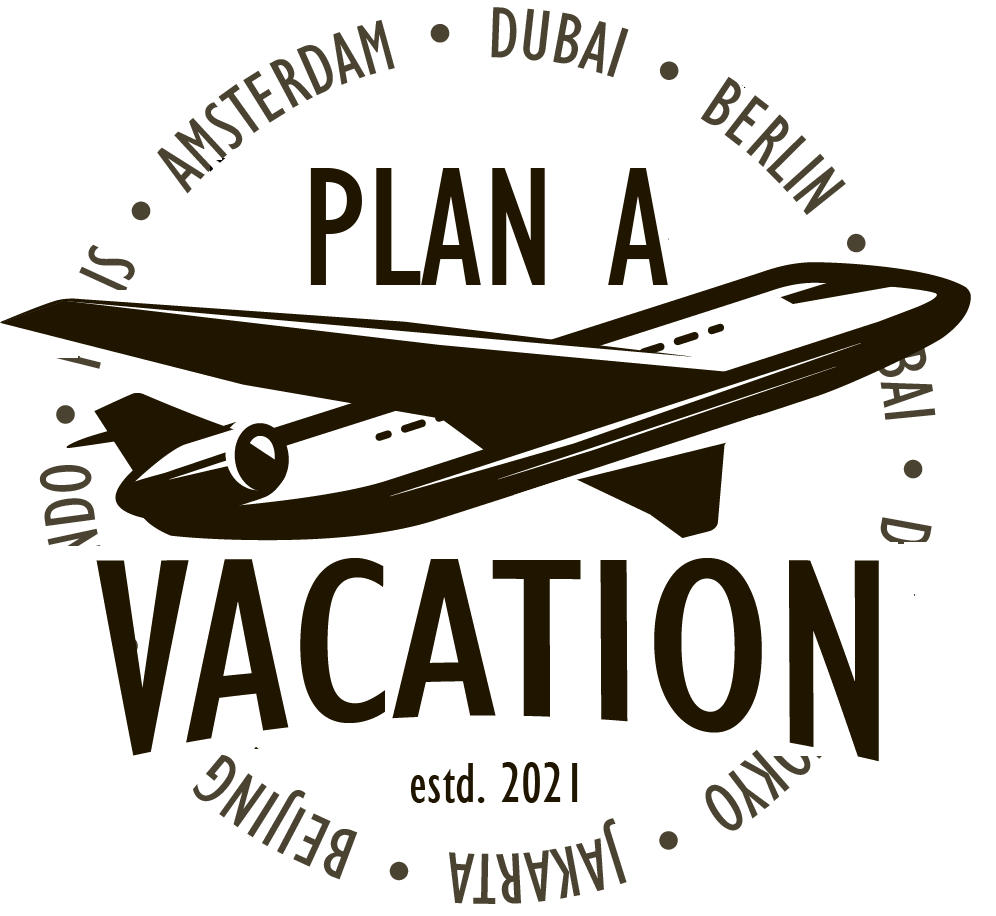Belgium
Overview
Nestled between some of Europe's greatest powers, the history of Belgium has seen it both as a country that has been successful in commercial trading and one that has been the battlefield of many foreign powers. In fact, Belgium was even known as the Battlefield of Europe for the sheer number of wars that took place there - wars that rarely saw Belgium as one of the primary parties.
Though it was invaded several times in the 20th century, modern Belgium has become a key member of the European Union and one of the centers of European bureaucracy. With a strong economy and a high standard of living, it is one of the shining examples of Europe's post-war democracies.
Search for Flights
Do Some Light Reading
Quick Facts about Belgium
- Belgium's capital, Brussels, is considered to be the unofficial capital of the European Union.
- It has more castles per square mile than any other country.
- It's small size makes it a useful, if unofficial, unit of measure when describing the size of other countries.
- Despite the name, French Fries are probably a Belgian invention.
- The most popular billiard balls in the world are made in Belgium.
Borders
The fact that Belgium borders several nations have been incredibly important during its history. To the country's west is France, to its north is the Netherlands, to the east is Germany, to the southeast is Luxembourg. Belgium's longest border (with France) is only 345 miles long, while its shortest border (with Luxemborg) is just 81 miles long.
Area
Belgium's total area is just 11,787 square miles, making it 139th largest country on Earth. While Belgium did have colonial holdings through the 20th century, its borders currently surround the entirety of Belgium's area. There have been some recent exchanges of unoccupied land with the Netherlands, but this has made no appreciable difference in the country's size.
Government
Belgium's government is a constitutional monarchy. Under this model, the monarch of Belgium serves as the country's head of state. While theoretically, the monarch does have some role in the government, the truth is that the real executive power is held by the head of the government - the Prime Minister. Meanwhile, the legislature of Belgium is a bicameral Parliament that consists of a Senate and a Chamber of Representatives.
Belgium is further divided into three districts. A good deal of power is concentrated in each region, which handles a number of tasks that were once the exclusive purview of the national government. Each of these regions has its own distinct political identity and political parties.
Book Popular Tours
Frequently Asked Questions
What Languages are spoken?
Belgium is famously a nation of three different languages. Those who live in the Flemish region of Belgium tend to speak Dutch, while those in Wallonia speak French. Those who live in the areas of Belgium that had formerly been part of Germany largely speak German.
Belgium does prize freedom of language, though, and many other languages are heard in the country. English is by far the most common foreign language in the country, followed at some distance by Spanish and Italian.
What is the climate like?
Belgium's climate is generally considered to be temperate, with four distinct seasons. With this said, the weather tends to be fairly mild year-round - it rarely reaches freezing temperatures, and the highs are still fairly low compared to some of its European neighbors.
July and December both tend to be particularly rainy, but rain is a threat year-round as well. Winters tend to be windier than the summers, and snow is quite rare even in deep winter.
What currencies are commonly accepted?
The Euro is the current currency of Belgium.
What is the population of Australia?
The population of Belgium is approximately 11.4 Million.
What is the capital?
The capital of Belgium is Brussels, located near the central part of the country.
What is the time in Brussels?
19:01:34, 04/15/2025
